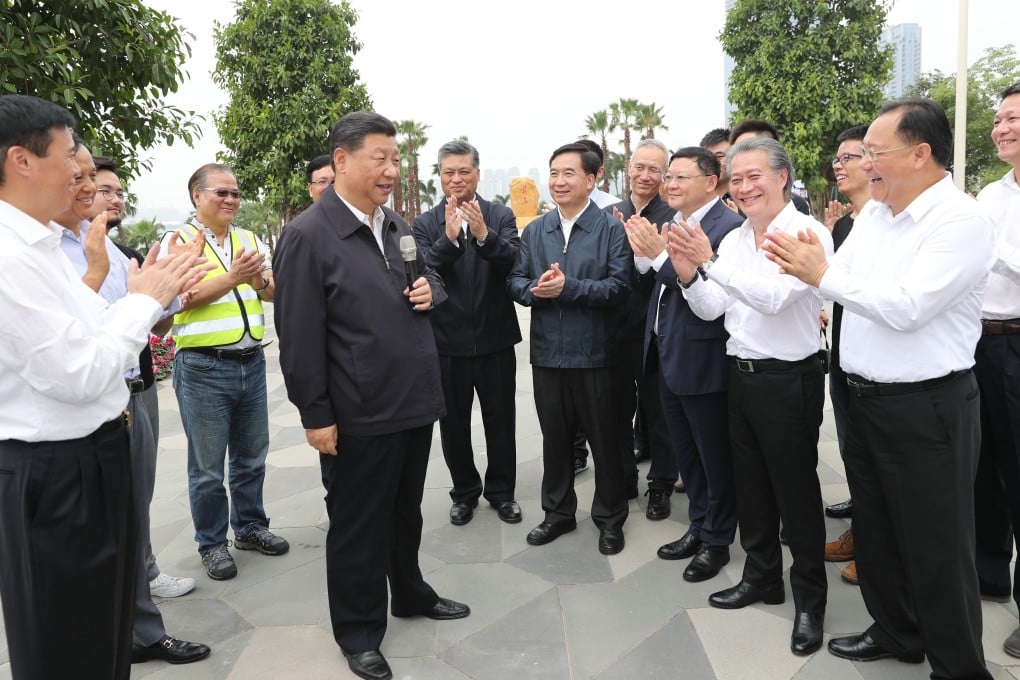Advertisement
China’s state-owned enterprise reform: Shenzhen tries to lure loyal party cadres into oversight roles
- New policy is in line with Beijing’s push to consolidate state control in critical and strategic sectors of the national economy
- Officials in new roles will not be allowed to obtain additional salaries, bonuses or allowances
Reading Time:3 minutes
Why you can trust SCMP

In an effort to fill Shenzhen’s state-owned enterprises (SOEs) with loyal and capable Communist Party cadres, authorities in the southern tech hub are encouraging local government officials and existing executives of state institutions to take up additional responsibilities in oversight roles as corporate board members.
The new policy has been outlined in drafted regulations for state-owned assets of enterprises, and it is currently open to public feedback.
This move comes as the influence of SOEs is increasing in the economy, in line with the central government giving Shenzhen special responsibilities as a pioneer in SOE reform.
Advertisement
Beijing is striving to consolidate state control in critical and strategic sectors of the national economy, and President Xi Jinping in November called for SOEs to be “stronger and bigger”. The central government also found that state-led monopolies were most effective in complying with government demands during the coronavirus crisis.
However, some economists say that a lack of adequate SOE reform is having a negative effect on the nation’s job market, and questions remain about the efficiency of China’s state sector.
Advertisement
Advertisement
Select Voice
Select Speed
1.00x